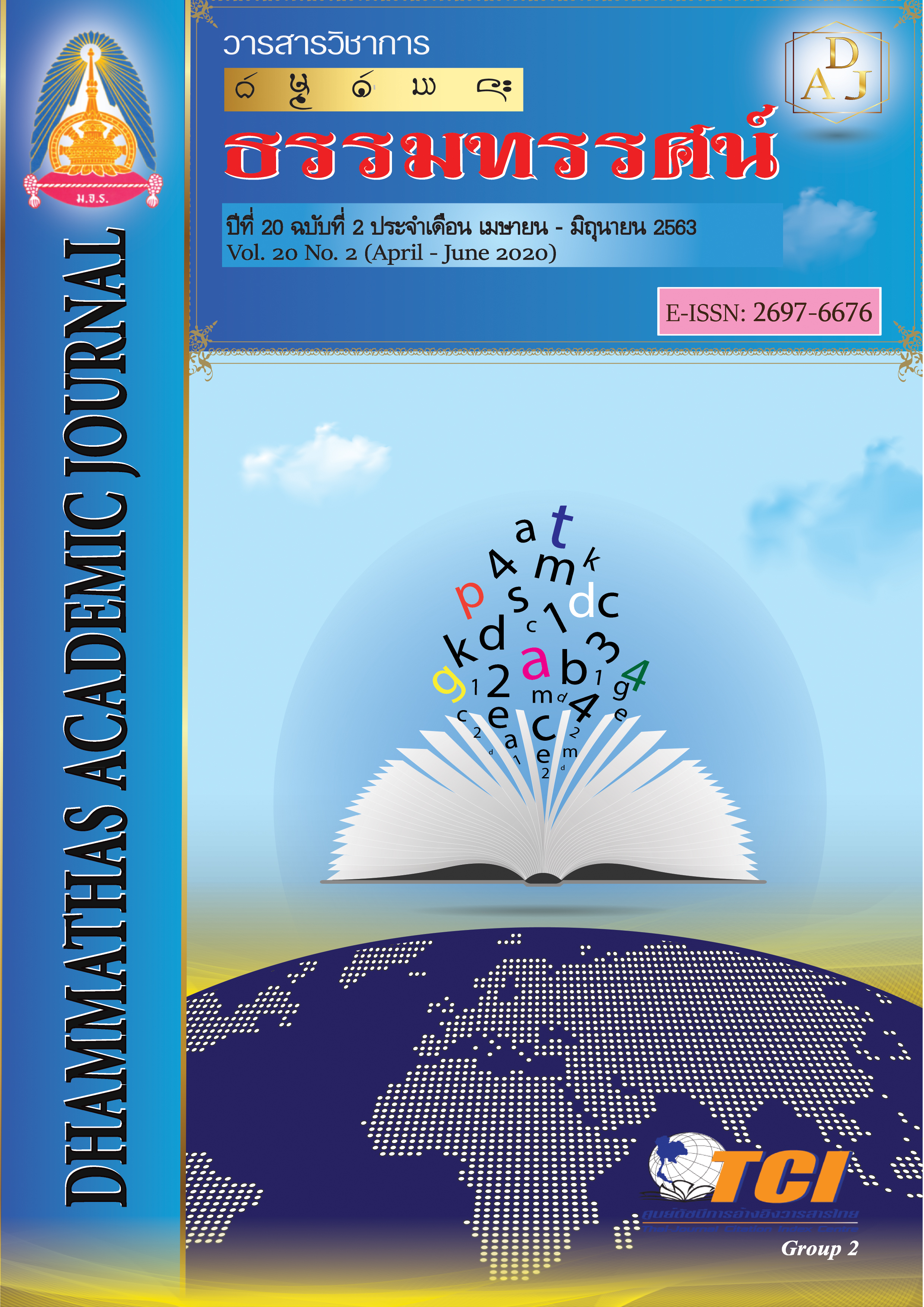Participation of Villagers in the Conservation of Sustainable Watershed Restoration According to the Royal Initiative: Case study of Ban Pasak Ngam, Luang Nuea Sub-District, Doi Saket District Chiangmai Province
Main Article Content
Abstract
This research of objective to: 1) Study the social community context, politics, culture and economy affecting participation of villagers. 2) Study the villager’s participation. 3) Study the factors that influence success. 4) Recommendations by gathering from relevant documents, in-depth interviews from the giver of information, subgroup conversation, participatory observation for givers of information, which includes 25 people such as, community leaders, religious leaders, professional group leaders, experts and villagers.
The result of the research found that: in terms of the context of the community, the society has a strong kinship relationship, however, in politics and governance there is a decentralization in various groups, and there are also rules of village conducts. In terms of cultural traditions, there are beliefs and rituals of their ancestors. In terms of economy, the village is filled with abundant natural resources as production costs. They come together in groups in order to produce and distribute the products to promote the economy of the community. In terms of the participation process of the villagers, it start from the gathering of people by the community leader in order to find the cause of problems and needs of the community in protecting, conserving and restoring. Therefore, they went on to raise awareness, forge ideas and create some ideology in order to motivate people in the community to participate in activities, and factors that affect important success, which includes 1) Leadership factors 2) The learning process 3) Network system factor 4) Local in tellects factor value and traditions 5) Support of government and Private Organization and civil society.
From the result of this study, the researcher suggested that the work process of people in the community should be adjusted to be consistent with changes in social, political, cultural and economic changes. By passing on the intention to conserve the watershed forest area for the new generation, create consciousness for the community to develop and be ready to join in solving problems for the community to operate and sustain it continuously.

